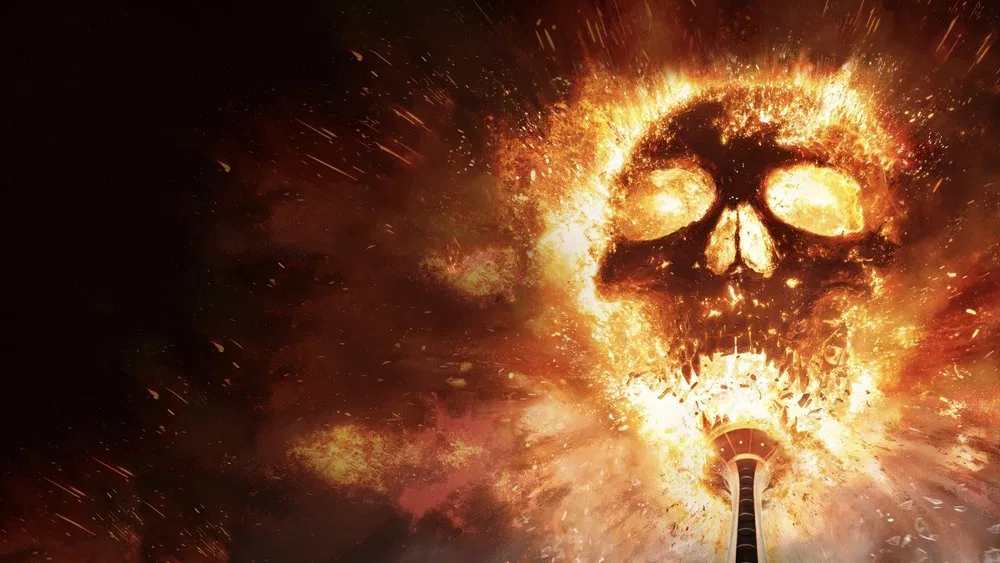Inherited Death: The Blood Logic of Final Destination: Bloodlines
In Final Destination: Bloodlines, the franchise makes a bold narrative gamble—it asks us not only to fear death, but to consider whether death, like disease or debt, can be passed down through generations. The film’s premise—that fatal misfortune may be embedded in one's lineage—is more than a plot device; it’s a philosophical shift that elevates the entire series from spectacle to myth.

Where previous entries in the franchise thrived on randomness and chaos—the infamous "design of death" reacting to characters who dared escape it—Bloodlines suggests that death is not merely reactive, but proactive. It is not correcting an imbalance; it is fulfilling a cycle. The idea that survivors of a historical disaster could “curse” their bloodline reframes the series’ central horror: what if the price of survival isn’t just delayed death, but inherited doom?

This conceptual pivot turns survival into a family heirloom. Nina, the protagonist, isn’t just running from death—she’s unearthing a genealogy of avoidance, a lineage of stolen moments. Her trauma isn’t personal; it’s ancestral. Every near-death experience is reframed as a family tradition, haunting and unavoidable.
The brilliance of the film lies in how it never fully confirms whether this bloodline curse is real, or a metaphor for generational trauma. The ambiguity keeps us unsettled. Are we watching supernatural punishment? Or the psychological collapse of someone who sees patterns where there are none? The film flirts with both possibilities, and in doing so, invokes a deeper fear: not dying, but dying like those before you.

In this sense, Bloodlines feels more akin to Greek tragedy than slasher horror. It understands that fate is not only terrifying because it is inevitable—but because it is inherited.